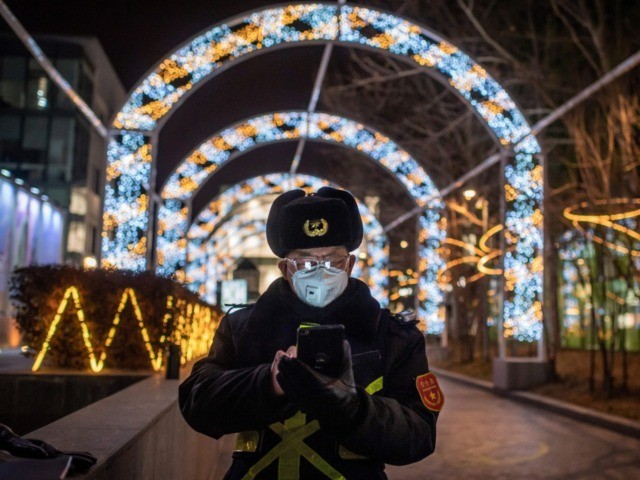An Australian virologist who has isolated the coronavirus that causes the COVID-19 infection says the virus is “not airborne,” though it is “extremely contagious.”
“The spread of this is, is really, really surprising,” said Dr. Danielle Anderson, who has isolated the coronavirus that causes the COVID-19 infection at her lab in Singapore.
“We’ve seen outbreaks in the past, and we think we know what we’re doing,” she said in an interview with NBC News. “And so, for me it’s a really, really big surprise, why it is spreading so quickly. So, it seems that it’s extremely contagious, and it’s not airborne, but it is contagious.”
On February 8, China Daily reported a Shanghai official said the novel coronavirus’s “confirmed transmission routes” included “direct transmission, contact transmission and aerosol transmission.”
“Aerosol transmission refers to the mixing of the virus with droplets in the air to form aerosols, which causes infection after inhalation, according to medical experts,” said Zeng Qun, deputy head of the Shanghai Civil Affairs Bureau.
“As such, we have called on the public to raise their awareness of the prevention and control of the disease caused by family gatherings,” said Zeng.
Anderson showed NBC’s Richard Engel her lab where she keeps both the live virus and the bats that were gathered for food in China, which she believes are the cause of the infection.
“So, I’m probably 90% confident that that the new coronavirus came from bats,” Anderson said, and told Engel the initial contamination probably occurred at an animal market in Wuhan China.
“Someone there, she believes, butchered a bat, came into contact with its blood or urine, and then touched his or her mouth or nose,” Engel reported.
Asked if she believes the coronavirus will keep spreading, Anderson replied, “I think that it is heading towards becoming a pandemic.”
“Yes, we have to work hard for a vaccine and learn to live with the virus,” she said, “and I think it’s just going to become part of our life.”
On Wednesday, the Centers for Disease Control and Prevention (CDC) confirmed a possible case of “community spread” of coronavirus in the United States.
The case involves a patient in California whose “exposure is unkown,” CDC said, adding:
It’s possible this could be an instance of community spread of COVID-19, which would be the first time this has happened in the United States. Community spread means spread of an illness for which the source of infection is unknown. It’s also possible, however, that the patient may have been exposed to a returned traveler who was infected.
According to the health agency, the case was identified through the public health system “by astute clinicians.”
“This brings the total number of COVID-19 cases in the United States to 15,” CDC noted.
President Donald Trump reassured Americans Wednesday that the nation was prepared to deal with further spread of the coronavirus if that occurred.
“We are ready to adapt and we’re ready to do whatever we have to as the disease spreads, if it spreads,” he said, as Breitbart News reported.

COMMENTS
Please let us know if you're having issues with commenting.